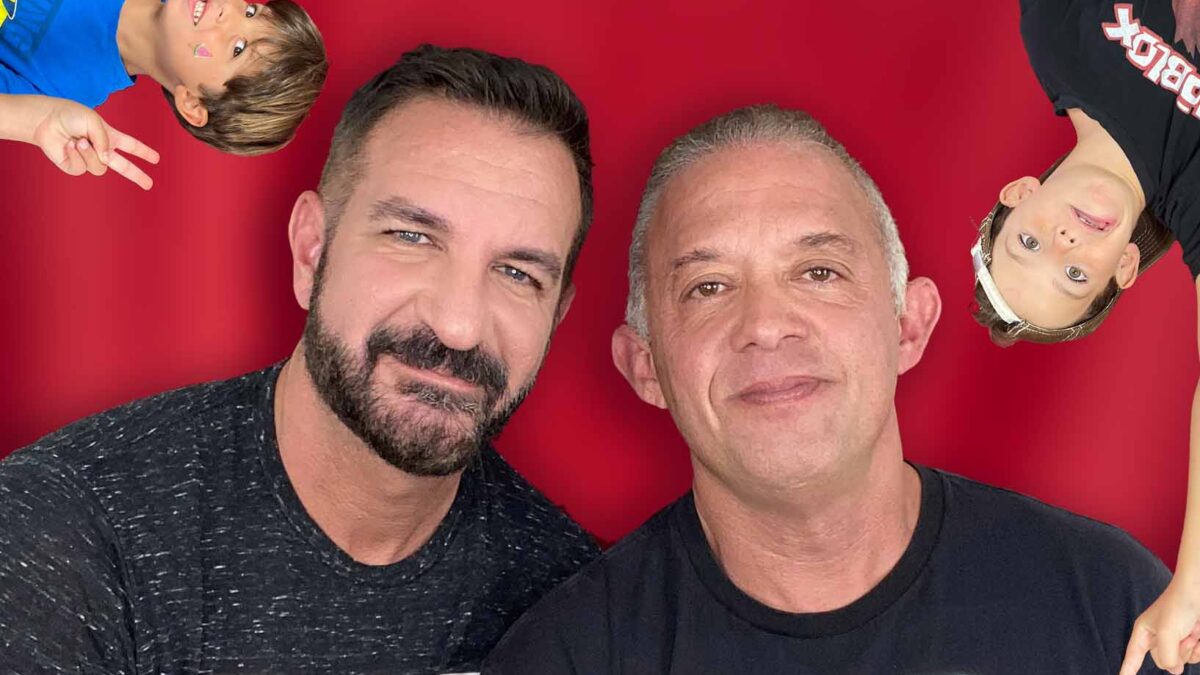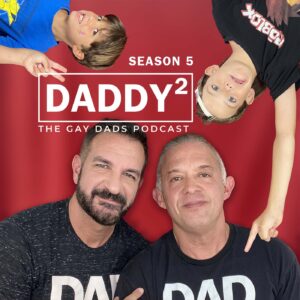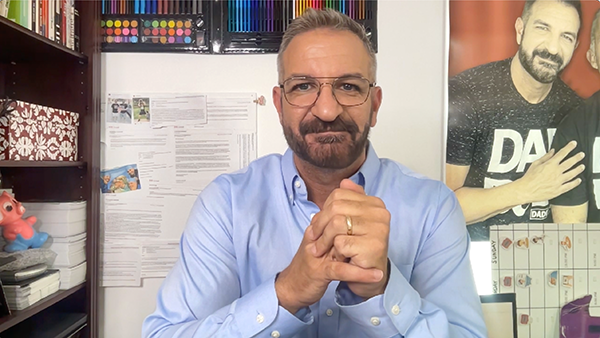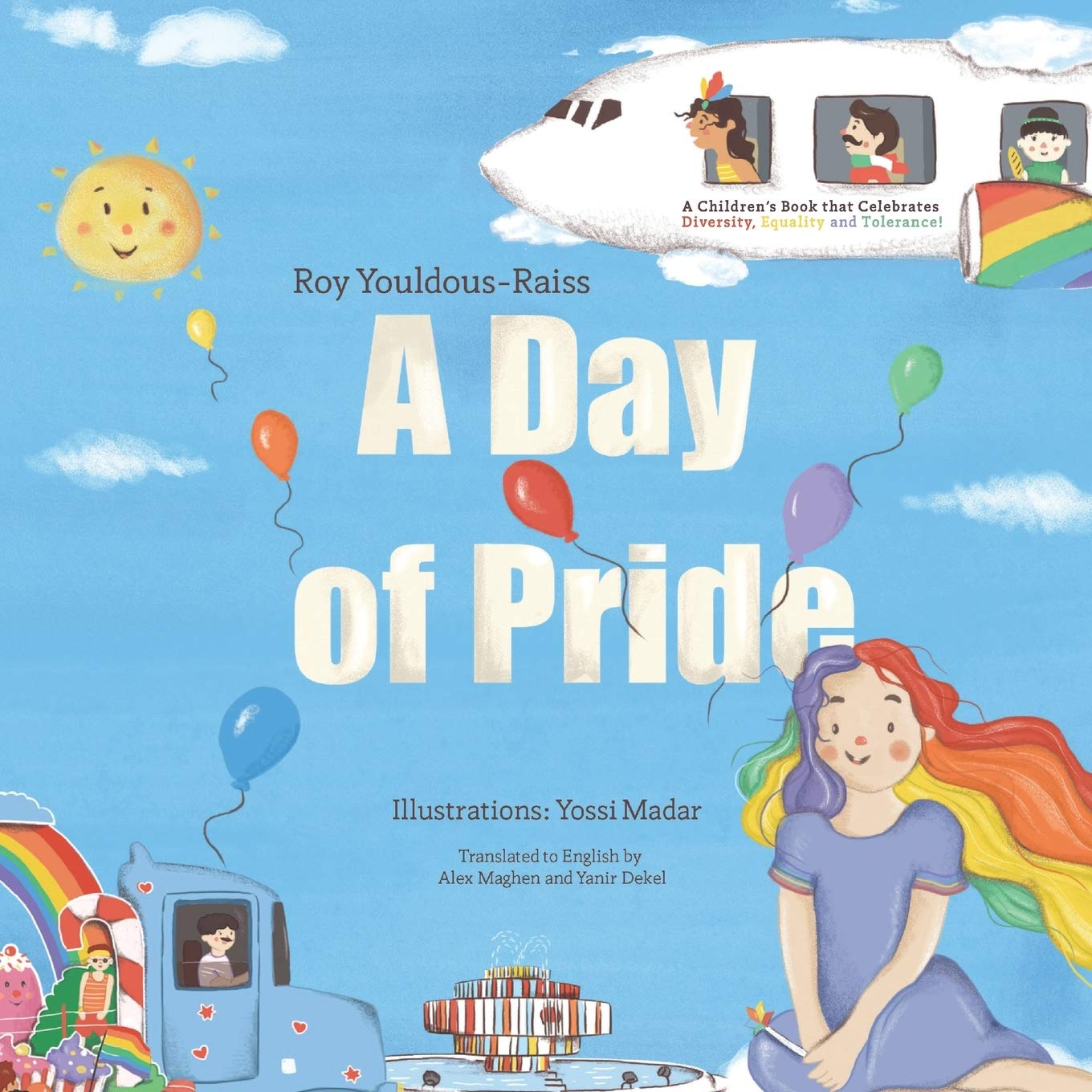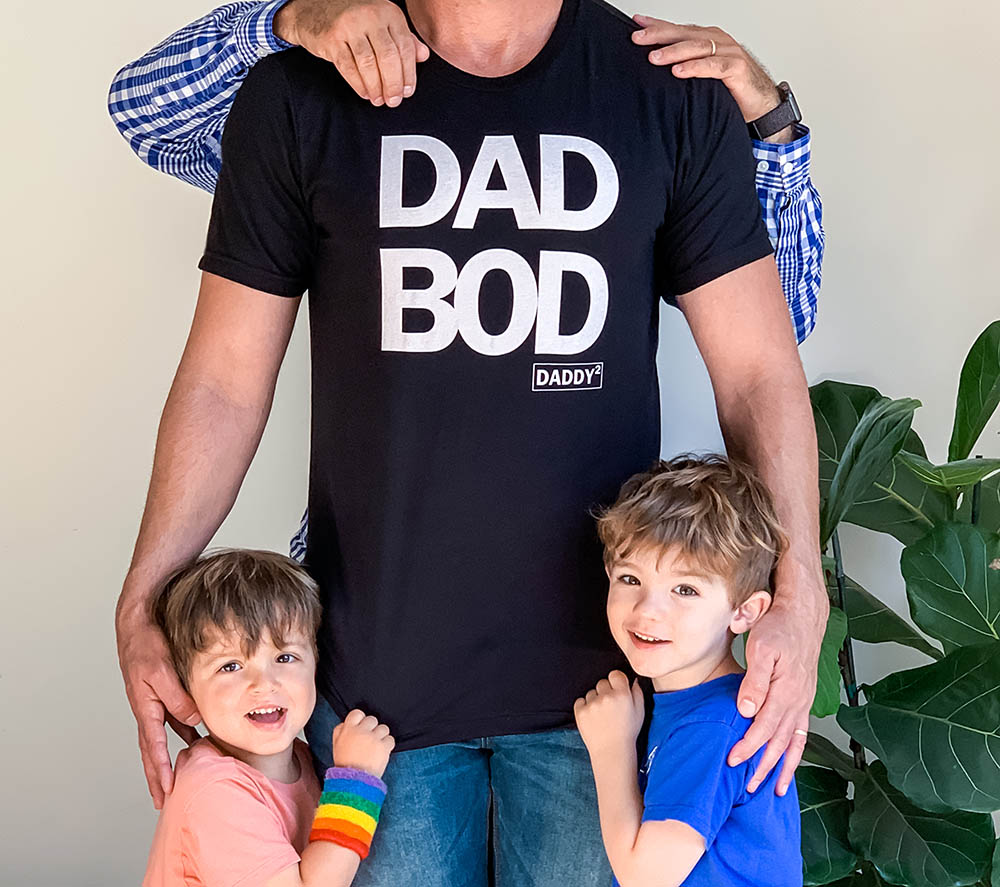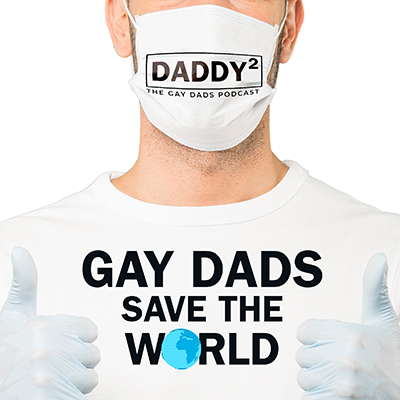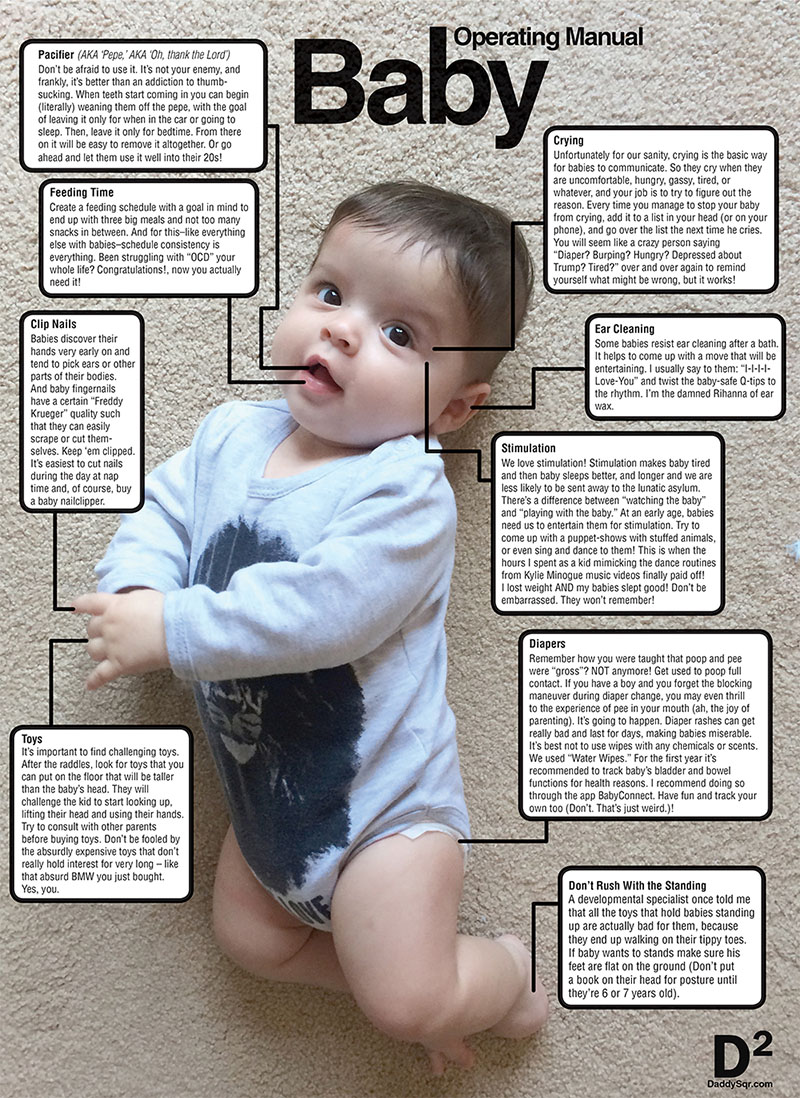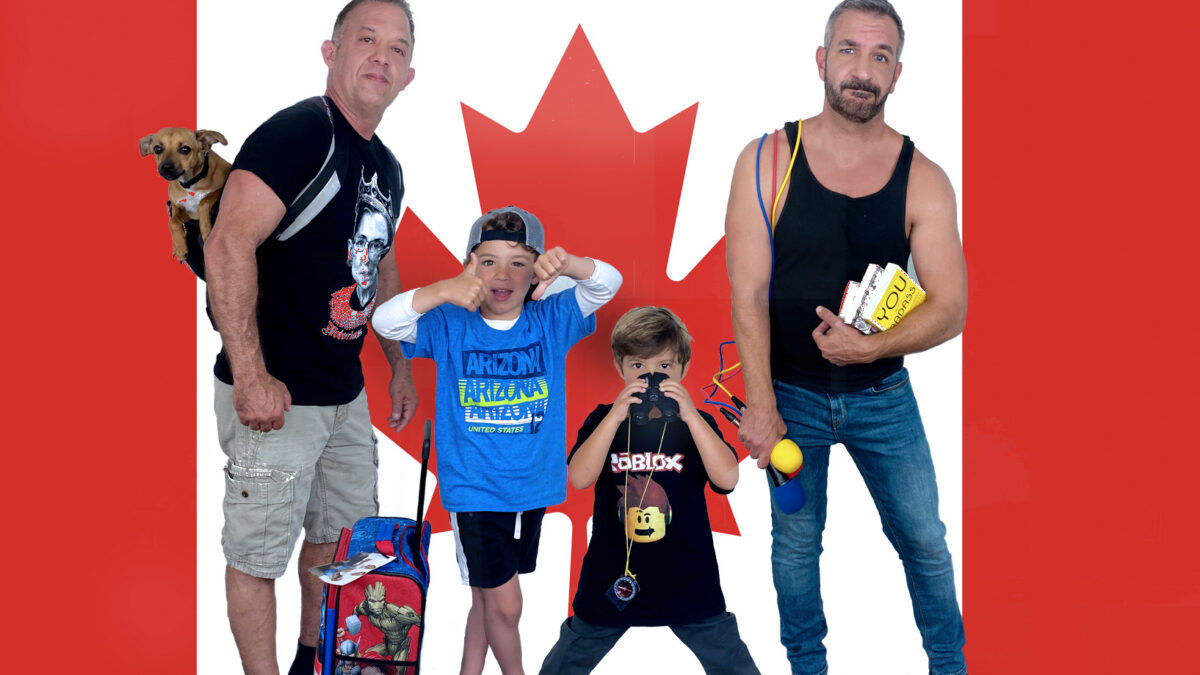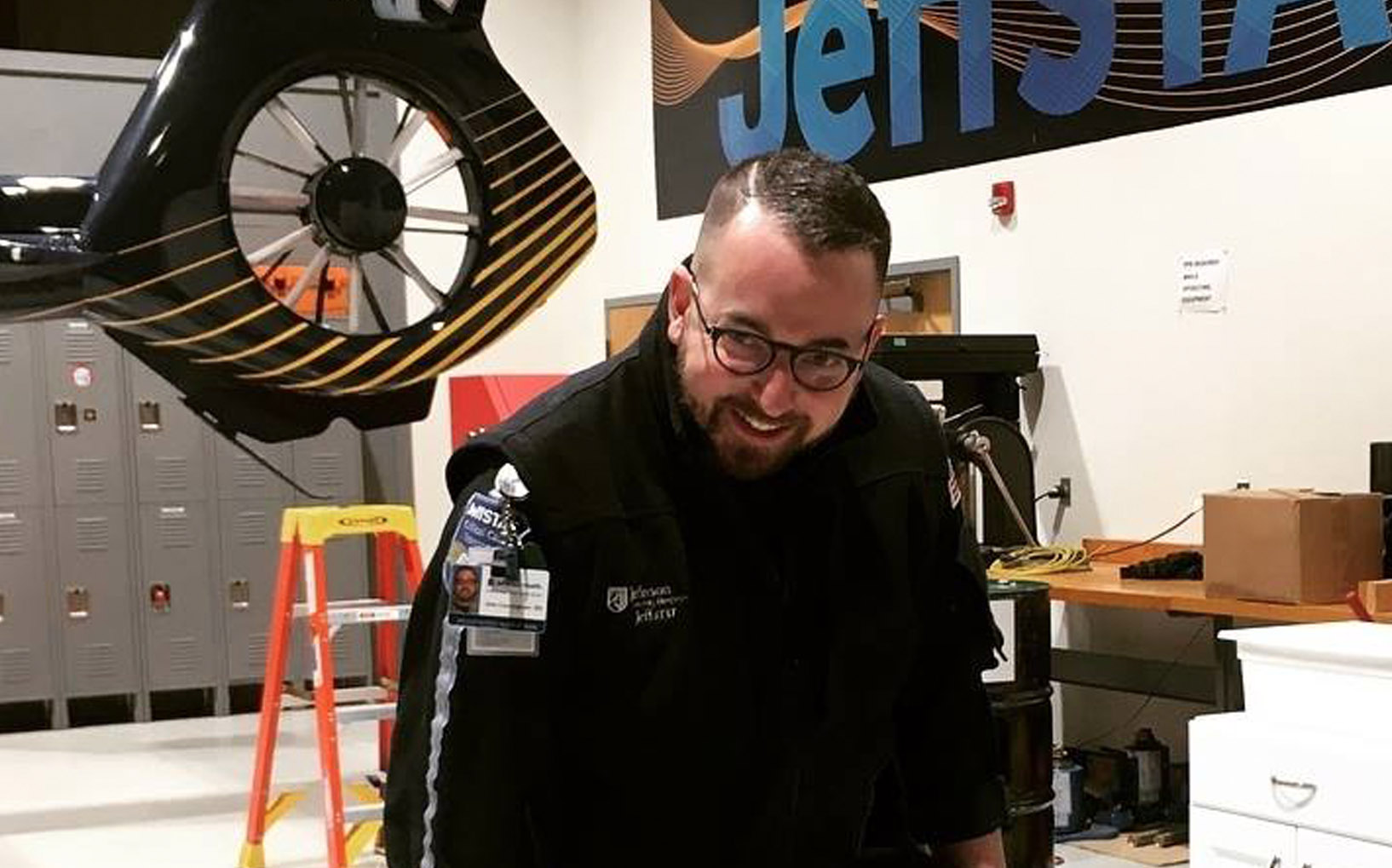5×04 Helping Kids Through Fear
Podcast: Play in new window | Download | Embed
Subscribe: Apple Podcasts | Google Podcasts | Spotify | Stitcher | TuneIn | RSS | More
Dealing with our kids’ fears is one of our key roles as parents. We invited Dr. Tina Payne Bryson, co-author of The Power of Showing Up who conducts workshops for parents, educators, and clinicians all over the world, to help us navigate our children’s greatest fears (and some of our fears as parents).
Our consistent response to our kids’ fears defines the way in which they will deal with life growing up. Sound overwhelming? To us it did too. So it didn’t come as a surprise in conversation with Dr. Tina Payne Bryson (one of the most sought-after parenting coaches in America) that she directed us back to our own anxieties.
“We are not at fault for all of our children’s fears,” Dr. Payne Bryson said on our podcast, “but we play a big role in how they construct the meaning of it, how tolerable the fear is and how to respond to it. So we have to start with ourselves and our own fears and anxieties.”
“We first have to remember how much we set the tone and the meaning for our kids. You know, when you have a toddler and they hear a scary noise, like a helicopter overhead, the first thing they do is look at your face. And if your face looks scared that creates the meaning, ‘wow, that’s dangerous’ that they follow, especially in those early years.”
We talked with Dr. Tina about “popular” children’s fears: fear of going to new places (new class, new camp), COVID-19, fear of the dark and fear of a parent dying.
“Around the ages 4-6 and especially between 5-7 kids go through a significant separation anxiety or other kind of anxieties like not wanting to go to the bathroom by themselves,” Dr. Tina explained, and said it’s something most parents don’t talk about and may not know. “It’s evidence of a new cognitive growth, a new cognitive development spurt that they can now imagine bad things happening, parents dying, someone getting into the upstairs bathroom and murdering everyone – they can imagine these things now, but they don’t have the emotional capacity to regulate the feelings around that. So it is really typical for kids development and these are real legitimate fears.”
Dr. Payne Bryson gave us some tips to handle our kids’ fears. One of them was to never criticize, minimize or mobilize the fears.
“Comments like ‘why are you upset about this? It’s not that big of a deal’ minimizes the fear. That doesn’t ever cause the child to think ‘Oh, you’re right, I’m not afraid anymore.’ What it does is leave them alone with the fear. Their feeling stays the same but now they got the message of ‘they don’t get me and I’m alone with it because they’re just going to try to talk me out of it’.”
“Our brain is an association machine. When we criticize them with ‘Why are you being so sensitive about this?’ they make an association with ‘I shared my feelings, that didn’t feel good, maybe I’m not going to keep doing this.’”
“The third thing we don’t want to do is mobilize: ‘Ok, I’m going to call the camp director, I’m going to tell them you’re freaked out, I’m going to call the director, and I’m going to make sure I’ll stay with you the whole day…’ When we mobilize to fix it all, what it accidentally communicates to our kids is, I don’t actually trust that you can handle this – I have to go solve everything for you.”
“All of this said, it’s important to add that even if you make all of these mistakes – criticize, minimize, mobilize – that doesn’t mean your child won’t not grow up to be a great human being,” Dr. Payne Bryson assured, “because the most important thing is that our kids will know we love them. We can’t get too neurotic about every little thing that comes out of our mouths. And what we get wrong related to our kids’ fears on one occasion, we can improve and repair on other occasions.”
Our Guest: Dr. Tina Payne Bryson
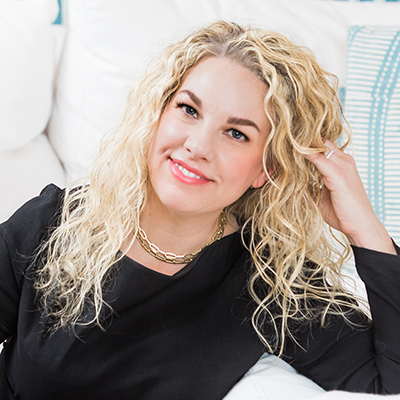
Dr. Tina Payne Bryson is the author of the Bottom Line for Baby and co-author (with Dan Siegel) of two New York Times Best Sellers—The Whole-Brain Child and No-Drama Discipline—each of which has been translated into over fifty languages, as well as The Yes Brain and The Power of Showing Up. She is the Founder and Executive Director of The Center for Connection, a multidisciplinary clinical practice in Southern California. Dr. Bryson keynotes conferences and conducts workshops for parents, educators, and clinicians all over the world, and she frequently consults with schools, businesses, and other organizations. An LCSW, Tina is a graduate of Baylor University with a Ph.D. from USC. The most important part of her bio, she says, is that she’s a mom to her three boys. You can learn more about Dr. Bryson at TinaBryson.com.
Men Having Babies Corner
Men Having Babies is a nonprofit organization that helps gay men who are interested in becoming fathers through surrogacy navigate the sea of information and overcome the financial barrier. In this episode, Ron Poole-Dayan, the executive director of the organization, discusses surrogacy destination and why does the organization advocates for surrogacy in the U.S. and Canada.
MHB Guidelines for Safe, Legal and Ethical Surrogacy Abroad
Episode Credits
Co-Hosts: Yan Dekel, Alex Maghen
Guest: Dr. Tina Payne Bryson
Opening Theme: Hercules & Love Affair, “Leonora” buy here
Articles Related to this episode:
- Instagram Post of Jesse, a gay dad from Colorado
- The Power of Showing Up Book
- COVID pandemic made people meaner, lazier: Study
- Ethical Surrogacy
- Charmed 🙂
Connect with Us:
- Daddy Squared on Instagram
- Daddy Squared on Facebook
- Join our Facebook group!
- Work with Yan!
- Daddy Squared Recommended Books (Amazon)

